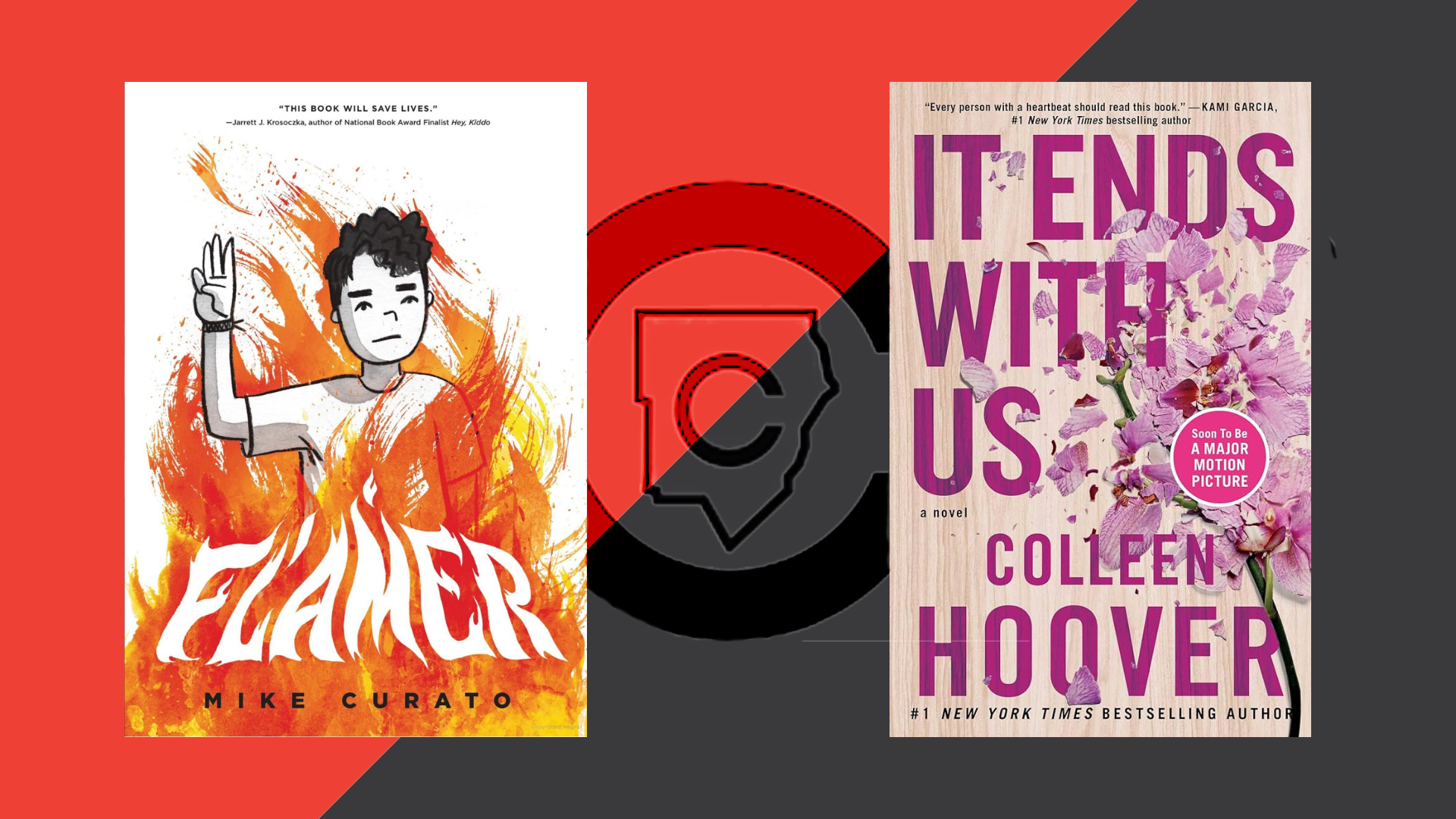Book bans have become a contentious issue across the United States, and Cobb County is no exception. In March 2023, Katie Rinderle, an elementary school teacher in Cobb County, read “My Shadow is Purple,” a children’s book about acceptance and challenging gender norms, to her fifth-grade class. This led to her being placed on administrative leave and formally terminated in August. She was the first teacher in Cobb County to be fired under the trio of classroom laws, HB 1084, HB 1178, and SB 226. Specifically, SB 226, allows parents and guardians to submit complaints about the content of “material” in their children’s textbooks and school and classroom libraries. Any book that a parent believes is “harmful to minors” can be challenged, with the determination made by a single person, the principal, or their appointee.
In addition to the state bills, the Cobb County School Board introduced laws restricting “controversial” and “sensitive” topics. “It’s a battle against good and evil,” Superintendent of Cobb County Chris Ragsdale told FOX 5 Atlanta. “This type of material has no place in any school or the hands of any child,” Board Chair Randy Scamihorn announced. “We have not ‘banned’ a single book. We have removed age-inappropriate, sexually explicit content for minors.”
“How far will this go?” asks Avery Floyd, a parent of a child going into kindergarten in the fall semester and a program director at VOX ATL. “They might try to [ban] so many different books that are diverse, that are cultural, that are important for youth development, that could have a negative impact in learning history.”
In 2024, the National Women’s Law Center filed a civil rights complaint against Cobb County Schools over its decision to remove certain books from school libraries. The Law Center claims that Cobb County has targeted books that deal with race or are written by LGBTQ+ authors and that the district created a hostile environment for students by censoring books and learning materials featuring or written by LGBTQ+ people and people of color.
Two of the books in question include “Flamer” by Mike Curato and “It Ends with Us” by Colleen Hoover. “Flamer” by Mike Curato is about “a 14-year-old Filipino American boy with body issues, who’s also a Boy Scout, Catholic, and coming to terms with the fact that he is gay.” “It Ends with Us” by Colleen Hoover is “a novel that chronicles the emotional journey of Lily Bloom, a young woman from an abusive home, as she navigates complex relationships with Atlas, her childhood love, and Ryle, her husband who exhibits abusive behavior.” These books were removed due to what Chris Ragsdale called “lewd, vulgar, sexually explicit and graphic content inappropriate for a public school.”
Katie Rinderle’s attorney, Craig Goodmark, told Axios Atlanta, “Teachers are censoring themselves because they don’t know what is and what isn’t a divisive concept… Students are missing out on discussions because of that, and the classroom is going to be fundamentally altered because of the censorship rules.” The National Women’s Law Center and Katie Rinderle’s lawyer express concerns that Cobb County might be fostering an unfriendly atmosphere for students.
Floyd feels Cobb schools are targeting specific groups. “I do believe that they are targeting certain groups, culturally… It appears that’s the angle they are trying to go after.”
The Southern Education Equality Network suggests that HB 1084 prevents administrators or licensing agencies from requiring teachers to participate in training that addresses systemic racism or bias. Such training programs include concepts that are already part of standard diversity, equity, and inclusion training in schools, businesses, and government entities.
The American Library Association reported a record-breaking number of attempts to ban books in 2022, up 38 percent from the previous year. Bans have occurred in 32 states, affecting four million children and young people. Floyd believes that number could rise. “I don’t know how far they wanna go down the line. Seeing that they’ve already banned some books, I think they might take an even deeper dive to investigate and deem books to be banned that are supposedly inappropriate by their standards. I don’t necessarily believe that the superintendent and administrative folks in Cobb County have the ear of the parents. It might be more of their personal, maybe political views that impact their decision-making in trying to ban these books.”
The topic of the book bans in Cobb County is just a fraction of the nationwide movement to remove controversial books off shelves. It’s a larger issue that could affect more and more students. It’s not just about the fate of a few banned books, but the future of kids in the United States. Floyd adds, “How I teach my son at home could still be different from how they go about it in the school, and I wanna make sure that as a parent that’s an advocate for creative expression and youth voices being amplified, I wanna make sure that if he’s not getting the proper education in the school, that myself, my wife, my family, do our part to make sure my son is aware of different issues, different cultural things that might not be discussed in schools.”




